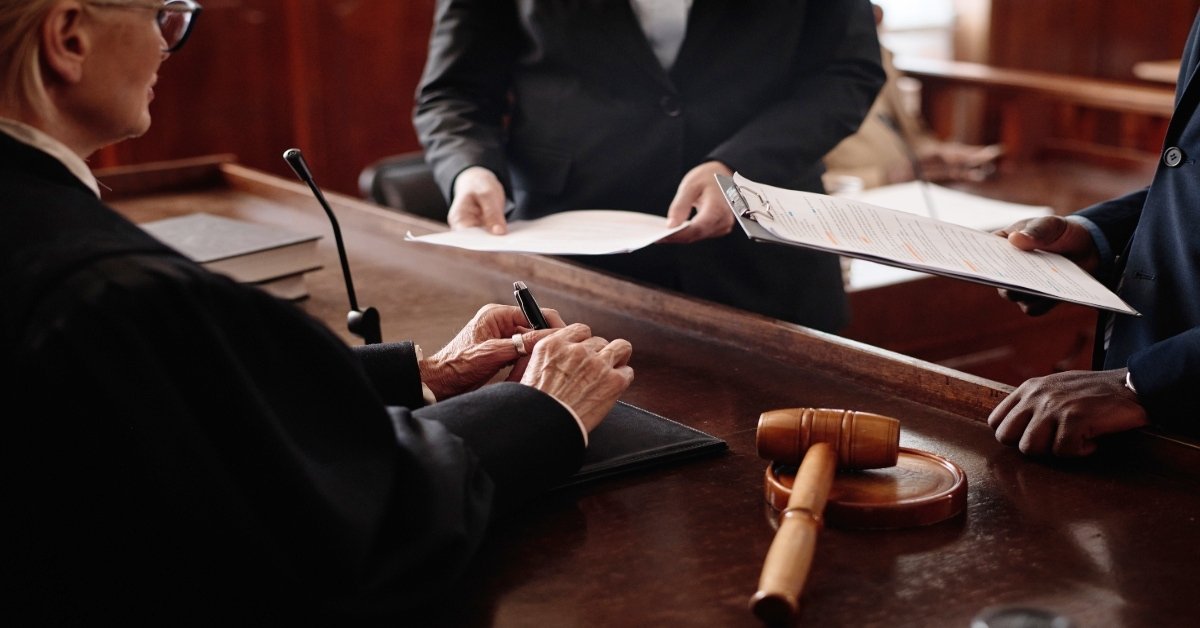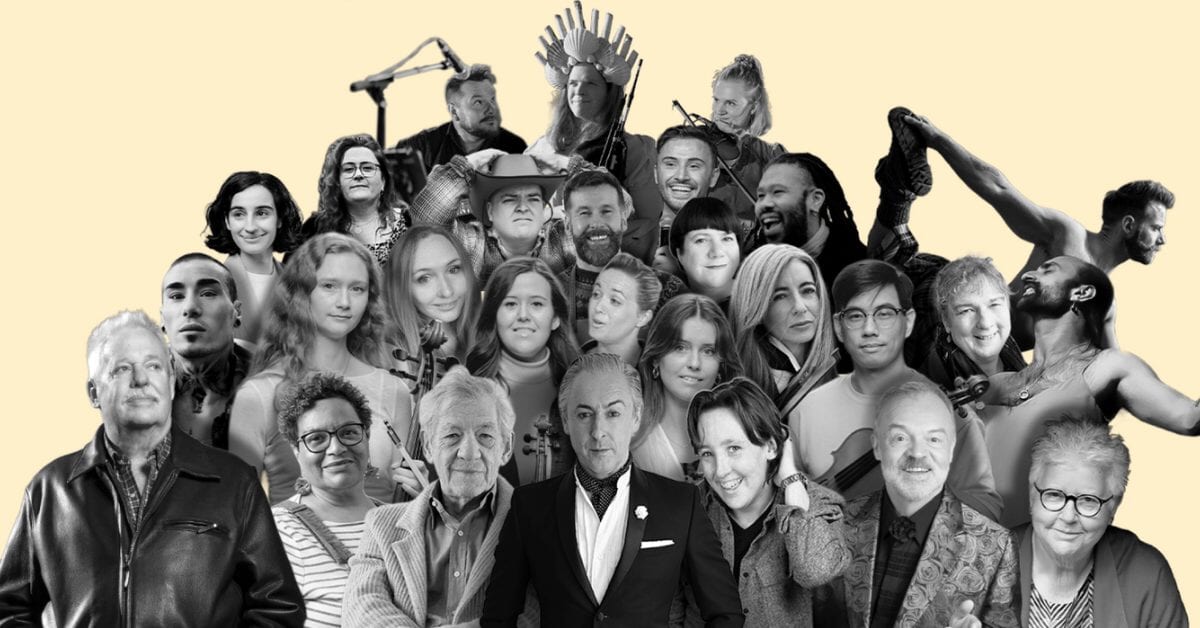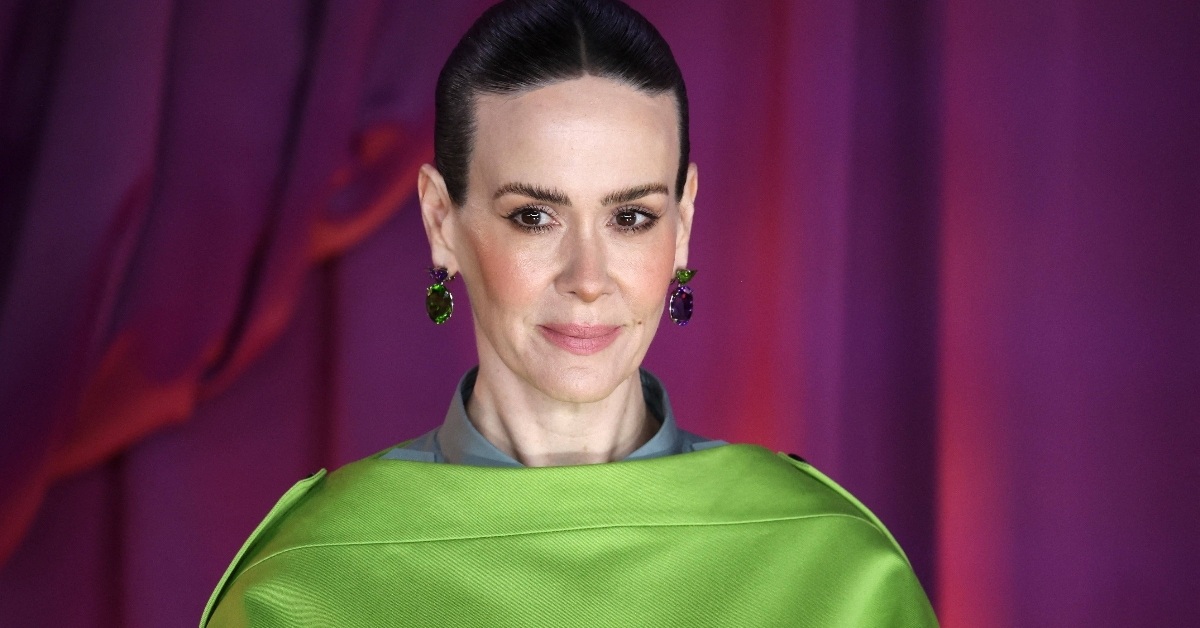BY: DM
Published 2 months ago

Michigan lawmakers have unveiled a shocking anti-pornography proposal. The measure seeks an all-out ban on online pornography, explicitly targeting portrayals of transgender people and drag performances. House Bill 4938, called the “Anti-Corruption of Public Morals Act,” would criminalize nearly all explicit online content and impose heavy fines and prison time for violations.
Supporters frame the bill as a fight against obscenity, while critics argue it amounts to censorship and a direct attack on LGBTQIA+ communities. Here’s a deeper look at the proposed bill.
The bill would prohibit adult content and LGBTQIA+ creators.

State Rep. Josh Schriver (R-Oxford), the bill’s lead sponsor, argues the sweeping ban is about “defending children” and “safeguarding our communities.” “Yesterday, I introduced the ‘Anti-Corruption of Public Morals Act’ + adding porn distributors to the sex offender registry. Don’t make it, don’t share it, don’t view it. These measures defend children, safeguard our communities, and put families first,” he tweeted. Schriver further claims that over 90% of youths under 18 have seen pornography, and insists “it’s killing our morality” and eroding marriages, according to Fox 2.
Adults and platforms that produce, share, or host such material could face massive fines and jail time. Offenders risk up to 20 years in prison and fines of up to $100,000, or $125,000 for repeat violations. The bill forbids any depiction of specific sexual activities, including intercourse, masturbation, and even “sensual voice content,” according to CBS News. It also bans content where a person of one sex “imitates, depicts, or represents” themselves as the other sex through clothing, makeup, or prosthetics. In effect, the law would criminalize transgender representation and drag performances.
Schriver’s public comments never directly name transgender people. Instead, he frames the bill as a fight against obscenity and trafficking. But the text tells a different story. It explicitly targets trans and drag content, outlawing anyone “presenting as” the opposite sex.
The bill could run into First Amendment problems.

The First Amendment generally protects adult content and any political or educational speech about gender. Similar bills in other states have been struck down as unconstitutional, but Schriver insists the bill is not government overreach. “This is a bill that is similar to how heroin is banned,” Schriver told WWJ Newsradio. “You don’t have a free society when your whole society is addicted to something that bears no fruit in their lives, devalues women. It just has no nutritional value, as my mom would say. And so this is something that is actually not a benefit in any way, shape or form.”
The proposed law redefines almost everything as obscene, including “all forms of protected consensual expression” — a recipe for automatic First Amendment defeat. Additionally, requiring internet filters 24/7 would likely censor non-obscene content (art, health info, LGBTQIA+ support, etc.) by accident, Edge Media Network notes.
On the political front, H.B. 4938 faces an uphill climb. Michigan’s Democratic-controlled Senate and Democratic Governor Gretchen Whitmer would have to approve it, and they have not shown any interest in such a ban. The bill currently sits in the House Judiciary Committee, and no hearings have been scheduled.
Should the government have the power to ban online pornography, or does that cross into censorship?










